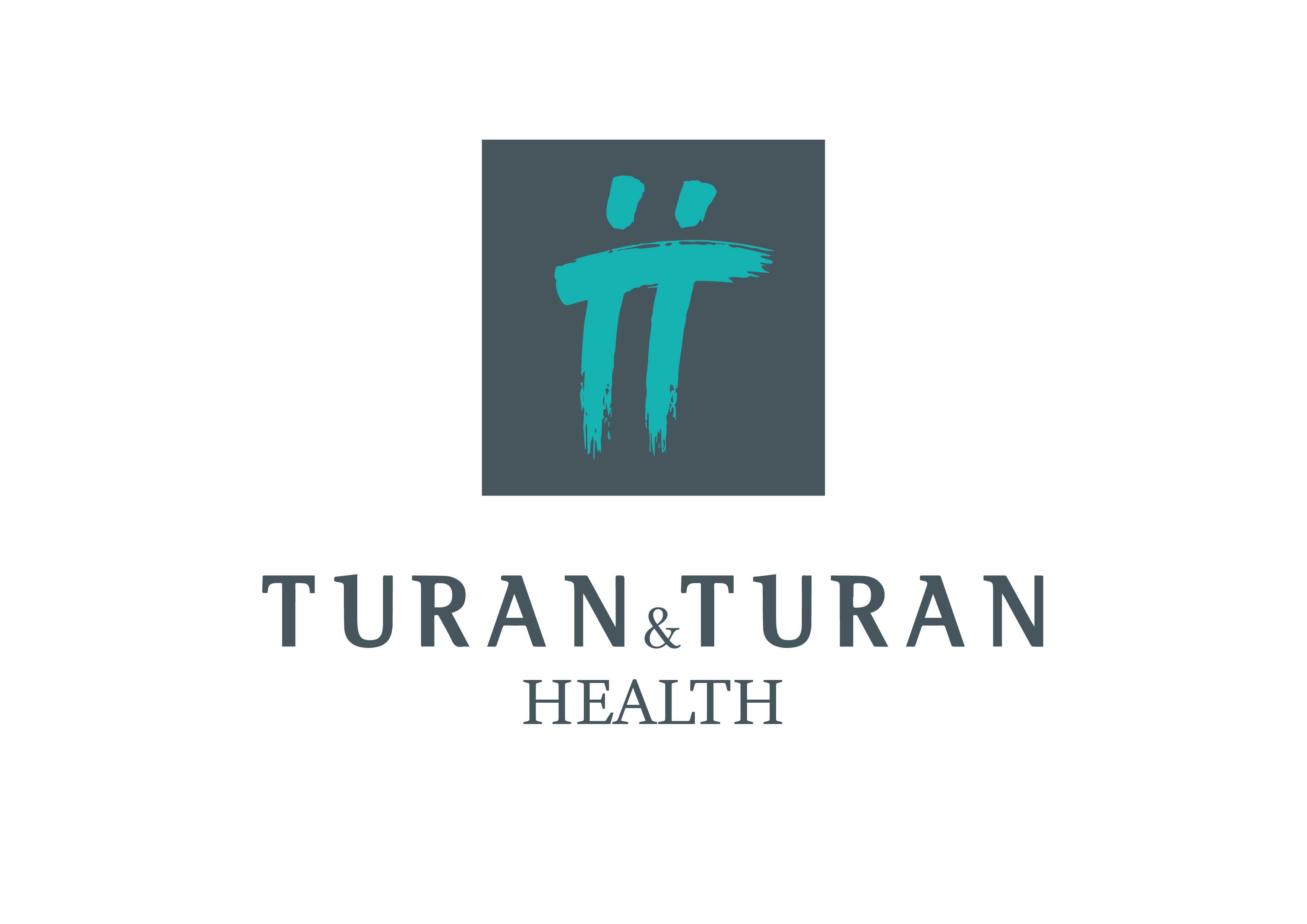A Guide to Choosing Right Orthopedic Clinic in Turkey

So, you've been thinking about getting an orthopedic procedure done, and the idea of going to Turkey has crossed your mind. I mean, who wouldn't be tempted? The prices are incredible, the country is stunning, and you've heard all about their top-notch medical facilities. But then the questions start bubbling up, right? How do you even begin to choose an orthopedic clinic in a foreign country? It feels a little overwhelming, like trying to find a needle in a haystack. Don't worry, that's exactly what this guide is for. We're going to break down everything you need to know to make a smart, informed decision.
Choosing an orthopedic clinic in Turkey isn't just about finding the cheapest option. It’s about ensuring you get the best possible care, a place that feels safe, and a medical team you can trust with your health. The good news is, Turkey has some of the most advanced healthcare systems and highly-skilled specialists in the world, especially in orthopedics.
Step 1: Researching Clinic and Surgeon Credentials
First things first, you need to do your homework. This is non-negotiable. Don't just go with the first clinic you see on Google. You need to verify their credentials and, more importantly, the credentials of the surgeon who will be performing your procedure.
What to Look For:
- International Accreditations: Look for clinics that have received international accreditations. The most recognized one is JCI (Joint Commission International). Turkey actually has a huge number of JCI-accredited hospitals, which is a big deal.
It means they meet stringent global standards for patient safety and quality of care. - Surgeon's Expertise and Experience: An orthopedic surgeon's experience is critical.
You should find out how many years of experience they have, what their specific specialization is (e.g., knee replacement, spine surgery, sports injuries), and how many procedures like yours they’ve performed. You can often find this information on the clinic's website or by asking the patient coordinator. Some of the most renowned orthopedic doctors in Turkey have over two or three decades of experience. - Professional Memberships: Check if the surgeon is a member of any professional orthopedic or traumatology associations, both in Turkey and internationally. This shows their commitment to staying up-to-date with the latest techniques and research.
Step 2: Evaluating the Clinic's Technology and Facilities
The quality of a clinic's infrastructure and technology can have a direct impact on your treatment outcomes and recovery. You want a clinic that uses the latest advancements, especially for complex orthopedic surgeries.
- Modern Equipment: The clinic should be equipped with state-of-the-art diagnostic and surgical equipment.
For example, some clinics in Turkey are pioneers in using robotic-assisted surgery for joint replacements, which can lead to greater precision, smaller incisions, and faster recovery times. - Rehabilitation Facilities: Your recovery is just as important as the surgery itself. Look for clinics that have a dedicated physical therapy and rehabilitation department. A good clinic will have a plan for your post-operative care, which might include in-house physical therapy sessions.
- Hygiene and Safety Standards: This is a huge one. While most JCI-accredited hospitals will meet high standards, it’s worth checking patient reviews for any comments on cleanliness, sterile environments, and overall hospital hygiene. You can never be too careful.
Step 3: Assessing Communication and Patient Services
As an international patient, the ability to communicate clearly is paramount. A language barrier can be a source of a lot of stress and potential misunderstandings.
- Multilingual Staff: Ensure the clinic has an international patient department with staff who speak your language fluently. They should provide a translator or interpreter who can assist you throughout your entire journey from your first consultation to your post-operative check-ups.
- Patient Coordination: A good clinic will assign you a dedicated patient coordinator.
This person will be your main point of contact and will help you with everything: scheduling appointments, explaining treatment plans, organizing airport transfers, and even booking your accommodation. This kind of personalized service makes the whole process so much smoother. - Second Opinions and Online Consultations: Many top clinics offer the option of a free online consultation or a medical second opinion. This is a fantastic way to get a feel for the doctor and the clinic before you commit to traveling. You can discuss your medical history, get a preliminary diagnosis, and have all your questions answered from the comfort of your home.
Step 4: Reading Patient Reviews and Testimonials
Don't just rely on the clinic’s own marketing materials. Real, unfiltered patient reviews can give you an invaluable peek into what your experience might be like.
- Check Third-Party Platforms: Look for reviews on independent medical tourism websites, forums, and social media groups. These platforms often contain honest feedback about a patient’s experience, including the good, the bad, and the ugly.
- Focus on Specifics: Don’t just read the star ratings. Read the actual comments. What did people say about the doctor’s bedside manner? The quality of nursing care? The ease of the travel process? Pay attention to recurring themes. For example, if multiple people mention a specific surgeon is amazing, that’s a great sign.
- Ask for References: Some clinics might be willing to put you in touch with a former patient who has had a similar procedure. This can provide an incredibly personal and reassuring perspective on their journey.
Step 5: Understanding the Cost and Package Inclusions
One of the biggest draws of medical tourism in Turkey is the cost savings.
- All-Inclusive Packages: Many clinics offer "all-inclusive" packages.
Be sure to get a detailed breakdown of what that means. Does it cover just the surgery? Or does it also include things like hospital stay, pre-operative tests, surgeon fees, anesthesia, medications, and physical therapy? - Hidden Costs: Ask explicitly about any potential hidden costs. Are there extra fees for the initial consultation? What about follow-up appointments? How much does the hotel stay cost if it's not included? A reputable clinic will be completely transparent about all costs from the beginning.
- Travel and Accommodation: Some packages will bundle your flight and hotel, but often, you'll be responsible for booking these yourself. The patient coordinator can usually help you with recommendations and arrangements, which can save you a lot of time and hassle.
Step 6: Considering Post-Operative Care and Follow-ups
Your care doesn't end when you leave the hospital.
- Post-Op Instructions: Make sure you receive clear, written instructions about your recovery, including wound care, medication schedules, and any physical limitations.
- Remote Follow-ups: It's important to know how the clinic will stay in touch with you after you return to your home country. Many clinics offer remote consultations, where you can send photos of your healing and ask questions via video call.
This peace of mind is invaluable. - Long-Term Support: Will the clinic's patient coordinator or your surgeon be available to answer questions months down the line? Knowing you have that continued support is a huge benefit and a sign of a truly patient-centric clinic.
By following these steps, you can confidently navigate the process and choose an orthopedic clinic in Turkey that is perfect for your needs. It's about empowering yourself with the right information so you can focus on what really matters: your health and recovery.
Frequently Asked Questions (FAQs)
How much can I save on orthopedic surgery in Turkey compared to my home country?
The cost savings are often a major motivator. Depending on the procedure, you can typically save anywhere from 50% to 70% compared to countries like the United States, the UK, or Germany.
Are the medical standards and surgeon qualifications in Turkey on par with Western countries?
Absolutely. Turkey has made huge investments in its healthcare infrastructure.
How long will I need to stay in Turkey for an orthopedic procedure?
The length of your stay depends entirely on the procedure. For something like a simple arthroscopy, you might only need to stay for a few days to a week. For more major surgeries like a total joint replacement, doctors often recommend staying for 10 to 14 days to allow for initial recovery and a few physical therapy sessions before you fly home.
What if there's a complication? What kind of legal protections do I have?
This is a really important question. The first step is to choose a reputable, accredited clinic with a proven track record. They have protocols in place to handle complications.
Is Turkey a safe place to travel as a medical tourist?
Yes, Turkey is generally a very safe and welcoming country for tourists.
Can I combine my treatment with a vacation?
Absolutely! This is one of the huge perks of medical tourism. Many patients build in extra time before or after their procedure to explore Turkey's incredible historical sites, stunning beaches, and vibrant culture.
Ready to Find Your Ideal Orthopedic Clinic?
Choosing the right clinic for your orthopedic treatment is a big decision, but you don't have to make it alone. At PlacidWay, we specialize in connecting patients like you with world-class, JCI-accredited orthopedic clinics in Turkey and around the globe. Our team of expert patient coordinators can help you with every step of the process, from finding the perfect surgeon to arranging your travel and accommodation.
Contact PlacidWay today for a free consultation and let us help you start your journey toward a pain-free life.


.png)

-Treatment-Package-in-Izmir,-Turkey.png)
.png)
.png)
.png)
.png)
.png)
.png)






Share this listing